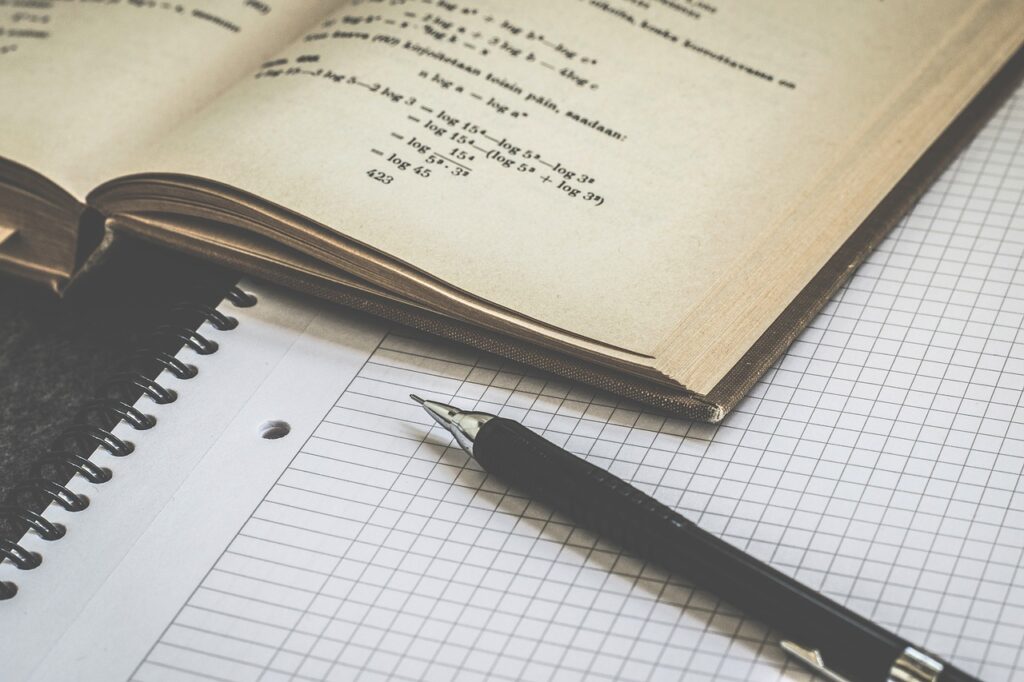Study Tips for High School Students: The Best Approaches from 90% Plus Students

Achieving academic success is the goal of every student and the desire of every parent for their child. But it doesn’t come on a platter of gold. One important — though often overlooked — step to achieving academic success is having the right attitude/approach to studying. Without this, it is often difficult for a student to succeed in school.
Developing the right approach to studying will not only help you to study more effectively, but it will also help you learn better and build a better foundation for tomorrow. Thankfully, success leaves clues, so we can take cues and learn study tips from the best students. What could be better than learning from the best?
We provide tutoring, academic coaching, to build foundations for your children. To enquire, visit us: math tutoring.
In this article, we have gathered 6 best studying approaches from QEA students and alumni who have achieved 90%+ in their grades. You`ll find them in the study tips shared below.
1. Make your own study notes
The beautiful thing about study notes is that you write them in your own words, so it’s easier for you to understand. We have observed that all successful students (hundreds of them) at the QE Academy have one thing in common: they make their own study notes. You can do the same — think about the easiest thing you can do.
Typically, your study notes should contain 3 key components: summary of all taught concepts in the course, categorization of math/science programs into types, and solutions to challenging problems. Essentially, this will help you organize your schoolwork and reign a stronger command over your grades.
2. Understanding the concepts
This study tip is particularly helpful in dealing with calculation courses like math and physics. Many students make the mistake of memorizing steps, whereas, they should be learning the key concepts. This practice is tempting because it’s fast and easy. But when the teacher changes the problem, you become lost and the struggle begins.
The best students usually strive to understand the concepts. What do I mean by that? You understand the concept when you can explain it in your own words — in a layman’s language. Imagine if you have to explain derivative (calculus) or equilibrium (chemistry 12) to an alien from space. What would you say?
If you can explain the concept in your own words, that means you really have a grasp of the concept. For instance, try teaching equilibrium or derivative to your sibling, and see how well they follow your explanation!
3. Visualize the problem

This study tip works well for physics and chemistry. Oftentimes, students lose marks on application questions (problems with half to one page of solution) because they try to plug in equations right away.
Before applying equations, it is important to visualize the problem. For example, when a physics question says “…a block is falling due to gravity.”, you have a better chance at deriving the solution if you visualize what it means before solving it. Only then can you figure out the variables, the given and the unknown.
4. Practice and categorize the problems
This is perhaps the most important study tip. If you merely follow the homework your teacher gives you, you may always find yourself scratching around 70%. Homework problems assigned by your teacher usually represent the bare minimum, but many students don’t understand that.
To achieve 80-90% and more, you need to do more studying on your own. This study tip is especially true for senior grades. Ideally, you`ll need to dedicate 5-8 hours per week to practice for a subject such as math, physics, or chemistry. This is where your textbooks become really resourceful.
You can then categorize your problems into type 1, type 2, type 3, etc. This is how you organize your knowledge, understand what types of problems are in each unit, and how to approach them.
5. Teach your friends the materials
One very effective study tip is to try and teach your friends what you’ve learnt from your course materials. In our tutoring session, we sometimes swap the role between the tutor and the student, and ask the student to teach back the materials to the class.
Usually, when you start teaching, you will notice point-blank, any gaps in your understanding. You may then address these gaps by re-visiting those topics. This is a very practical study tip indeed!
6. Manage your time on tests
To perform well on tests, you`ll need to know how to manage your time during the tests. This is why it is good to practice solving questions on your own before your tests. A common mistake that many students make, is spending too much time on a particular problem that`s worth not more than 5-8% of the total score.
In this study tip, instead of wasting time on questions with lower marks, focus on others that can fetch you more marks, then come back to the difficult ones later. This mistake can cost you 15-20%, making you end up with a B, or even a C.
Try this study tip and here’s what you need to do: Place a watch in front of you. For each question, allot time according to how much that question is worth. For example, you can use 5-7 minutes for a question that’s worth 5 marks. During that time, write everything you know to get as many marks as possible, and come back to it when you finish the test.
We provide tutoring, academic coaching, to build foundations for your children. To enquire, visit us: tutoring Ottawa.
Final Words
These study tips will help you organize your time and become better. To accelerate this process, and to avoid unnecessary struggling, it is often better to have a professional tutor or a coach to explain the concepts and walk you through the homework, preparing you for tests. Check out Queen Elizabeth Academy www.QETutoring.com, where we have successfully worked with thousands of students to achieve better grades, and to get into top universities.
